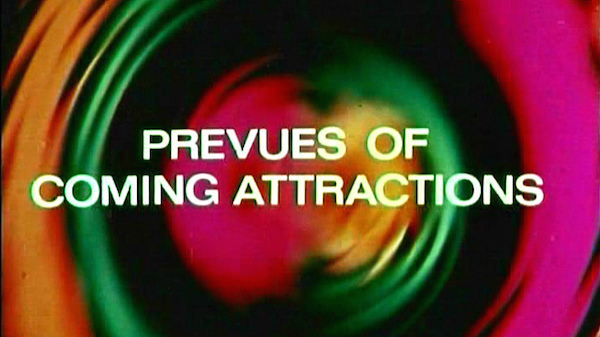Would we enjoy movies more by watching trailers less?

The depth of despair: sites that force you to watch ads before trailers — which are already ads, for movies — which have now become content. WE ARE PRODUCT.
Plenty have complained “they give too much away”; and yet people click, watch, and share new movie trailers like crazy. At The Ringer, they’ve had enough.
Stop watching trailers. I don’t mean: If it makes you mad, you should avoid it! I mean: Stop watching trailers. You’re buying a broken product. Trailers are free? No, you’re paying to see a movie, and when you watch a trailer, you are decreasing the value of your ticket. You’re cheapening the experience. Everything costs something. Trailers are ruining good movies, and they are making average movies unwatchable. They are bad and they need to be sent back to the factory.
Framing it as a consumer value proposition feels like a new angle to discuss this from, so I had to offer it up for comment.
If the thing you enjoy and pay for is the movie, why diminish that with trailers?


